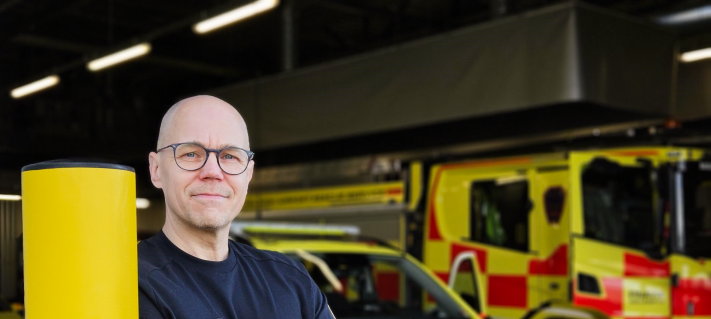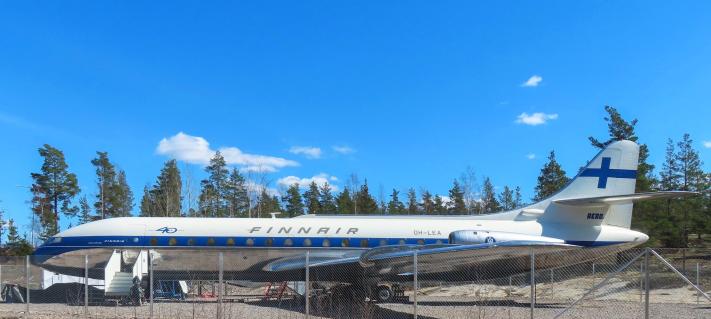The wide-body twin-engine aircraft can carry between 242 to 335 passengers, and is usually divided into three classes. The interior of the 787 is dream-like, with LED lights in the cabin changing according to the “mood” of the flight at any time, be it sleep, meal, board or cruise. On longer flights the lights also simulate the passing of the day, therefore helping passengers adjust to different time zones. No wonder it’s called the Dreamliner, is it?
The aircraft makes the comprehensive flying experience a truly an experience for both the mind and body.
The aircraft makes the comprehensive flying experience a truly an experience for both the mind and body. The cabin air pressure is 2,000 feet lower than on any other aircraft, ensuring that passengers arrive at their destination with well oxygenated blood. In keeping with the theme of dreams and dreaming, the 787 has extra-large windows whose shades can be electronically adjusted, allowing passengers to set the mood.
The 787-8 serves as the base and most popular model of the 787, at least until 2017. The 787-9 model fits just under 40 passengers more, its main body is roughly 6 meters longer and it has an increased range of a little over 500 kilometers, compared to the -8. According to Boeing, as of January 2017, 53% of all Boeing 787 orders were for the -9 model.
The 787 is made of 80% composite materials and its fuselage consists of one long composite barrel. In conjunction with the launch of the 787,
Boeing rolled out its Smooth Ride Technology, whose sensors allow the aircraft to adjust its wing control surfaces to turbulence.
All Nippon Airlines placed a record order for 50 Boeing 787s once the aircraft was approved for production in late 2003. Another Japanese airline, Japan Airlines, currently uses the Boeing 787-8 on its flights to Helsinki. Yoichiro Oda, Regional General Manager, Finland, Northern Europe and Eastern Europe for Japan Airlines, notes that the design of Helsinki Airport makes it a very convenient layover spot between Asia and Europe.
Read all about Boeing 787’s main competitor, the Airbus 350.



